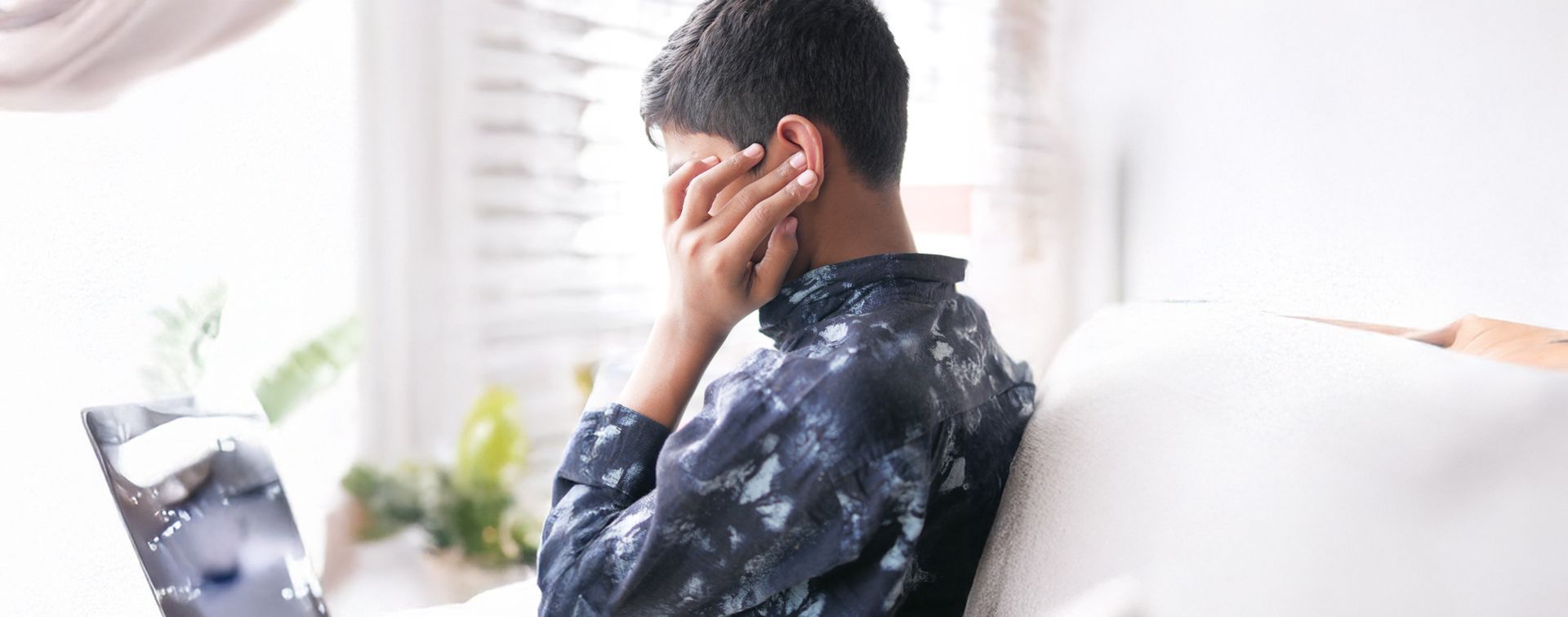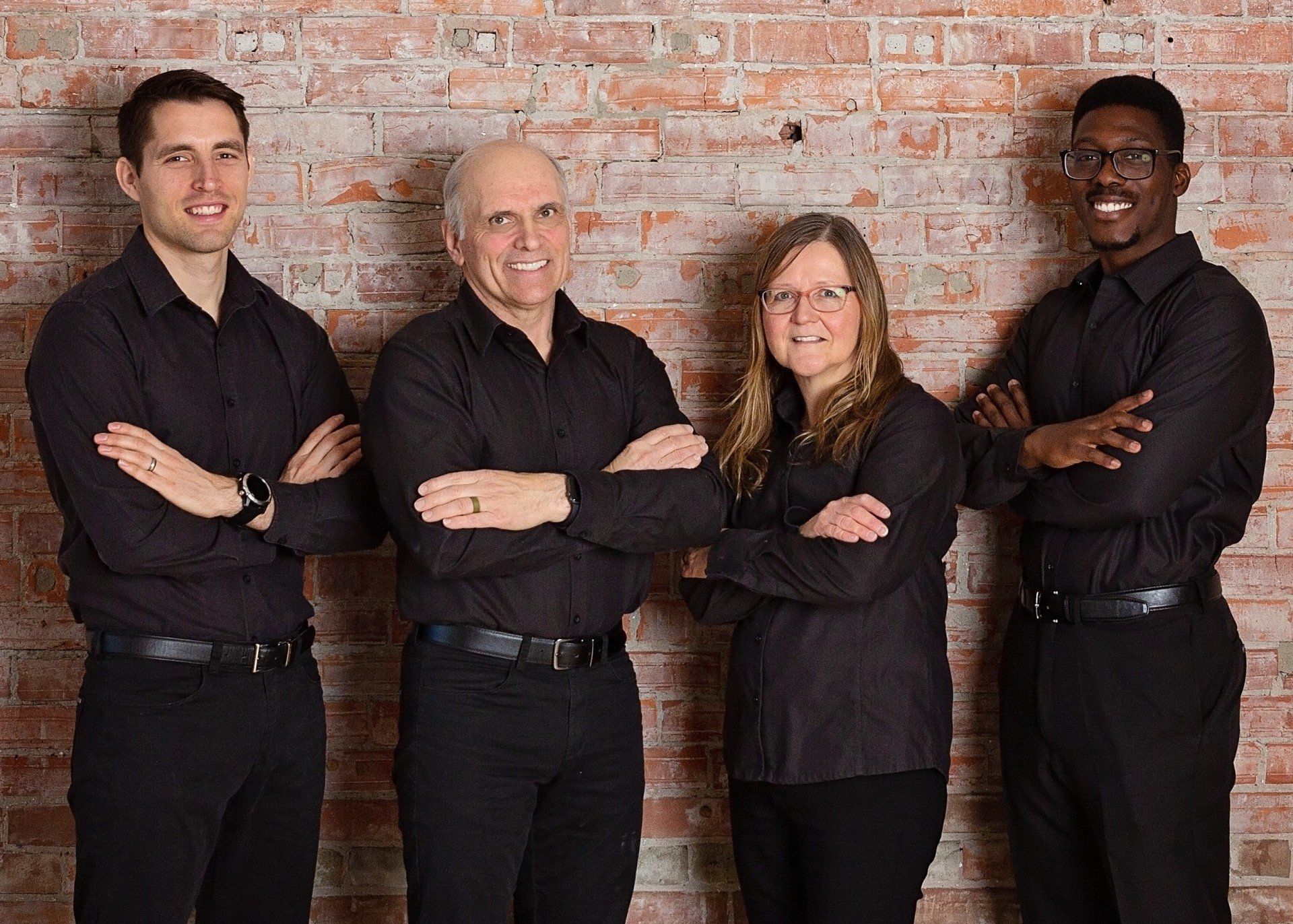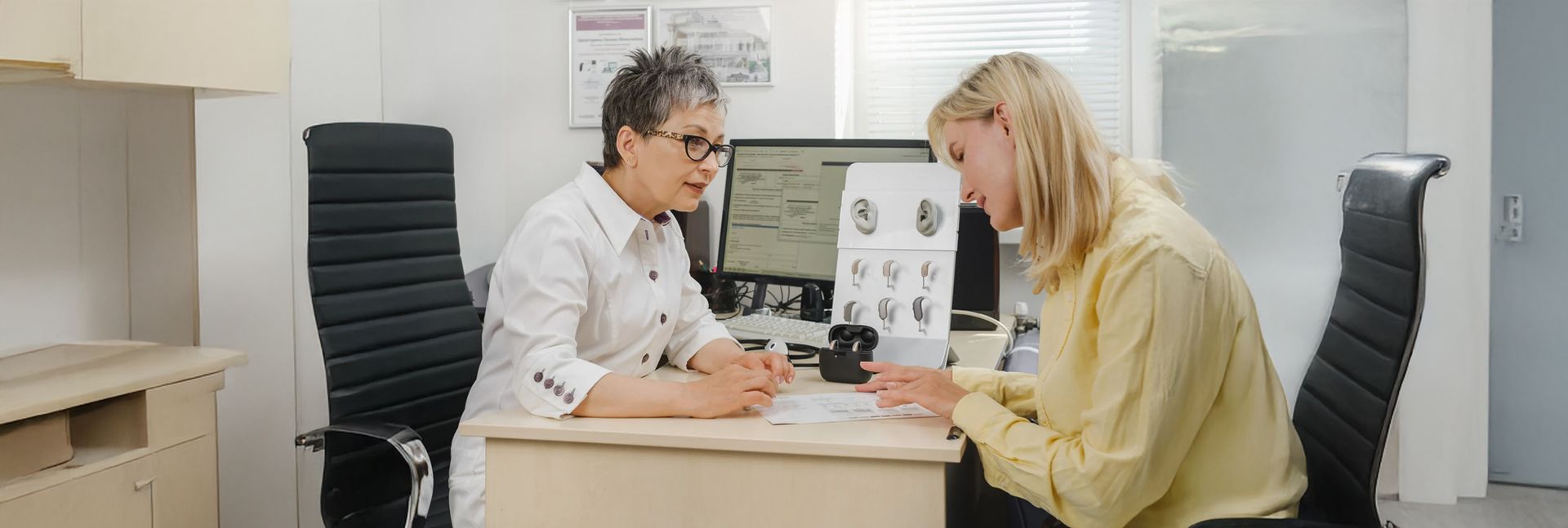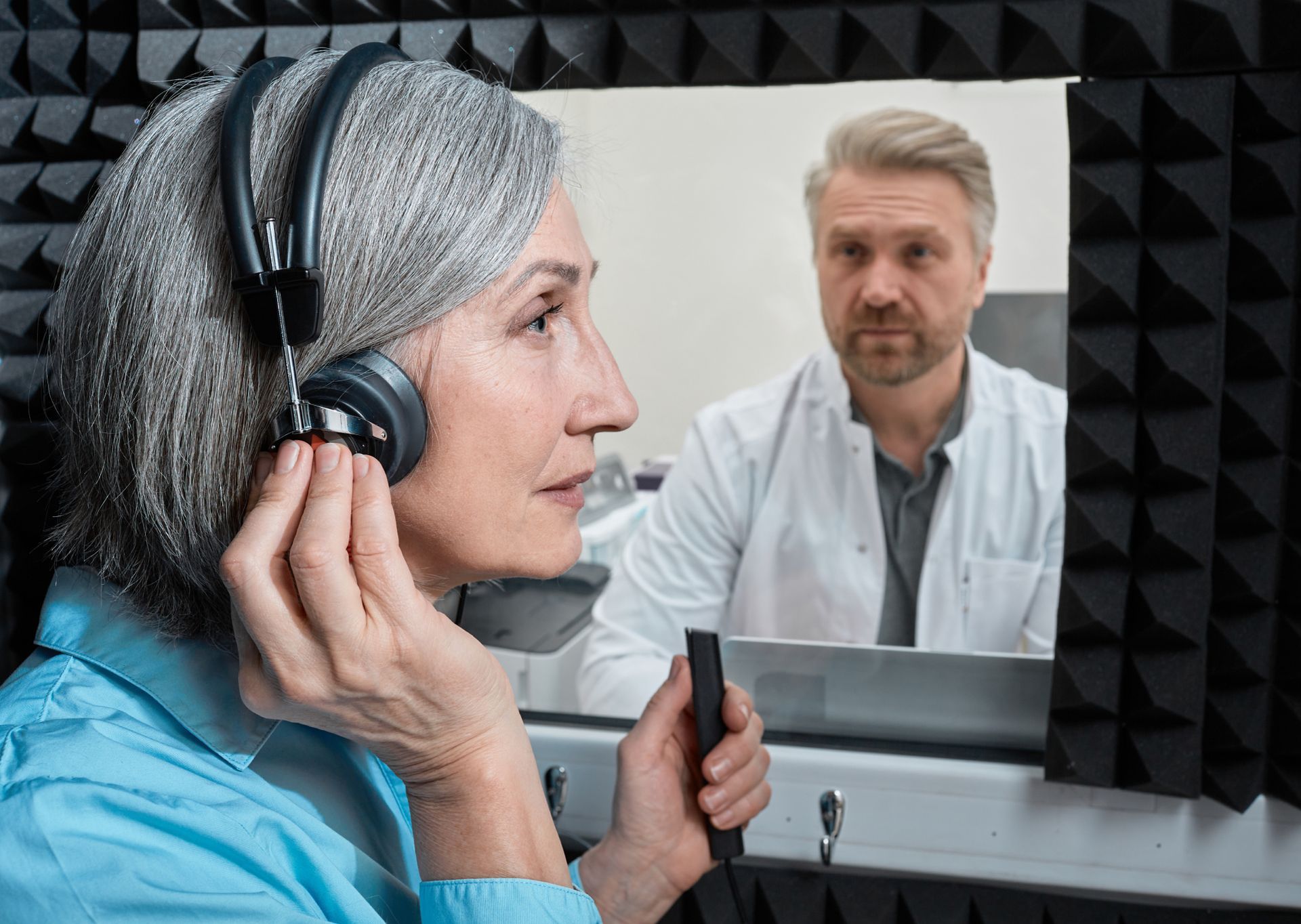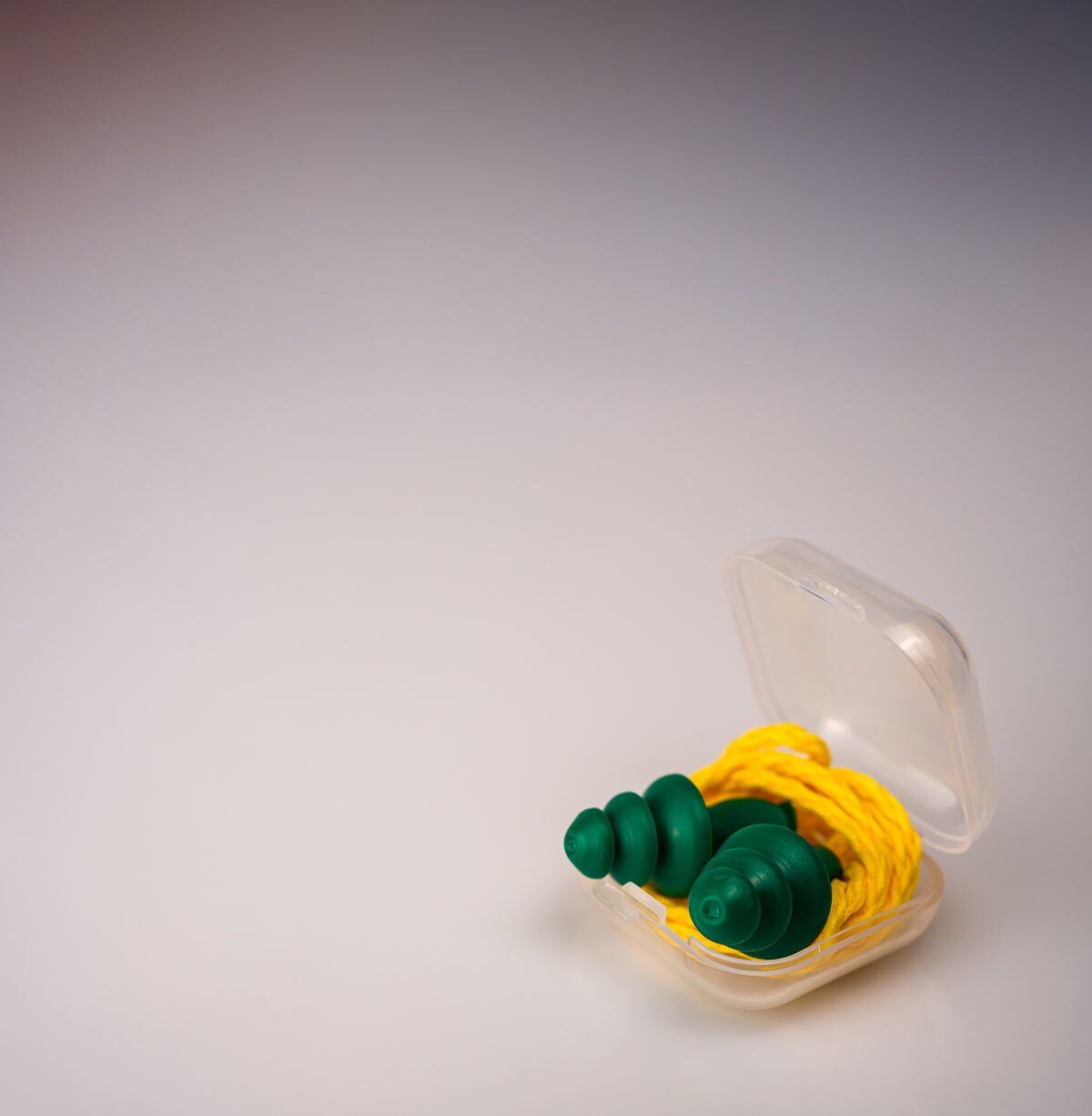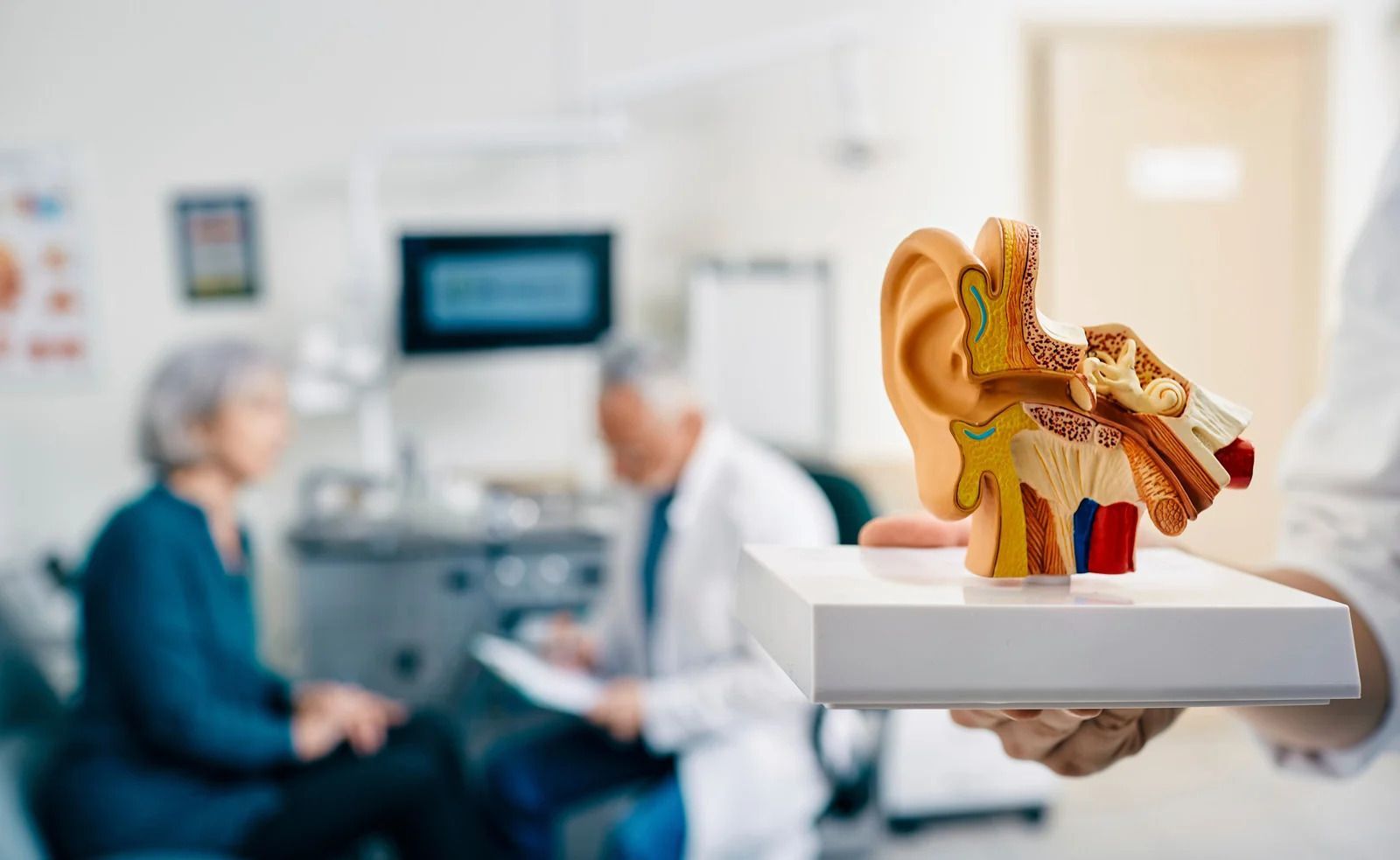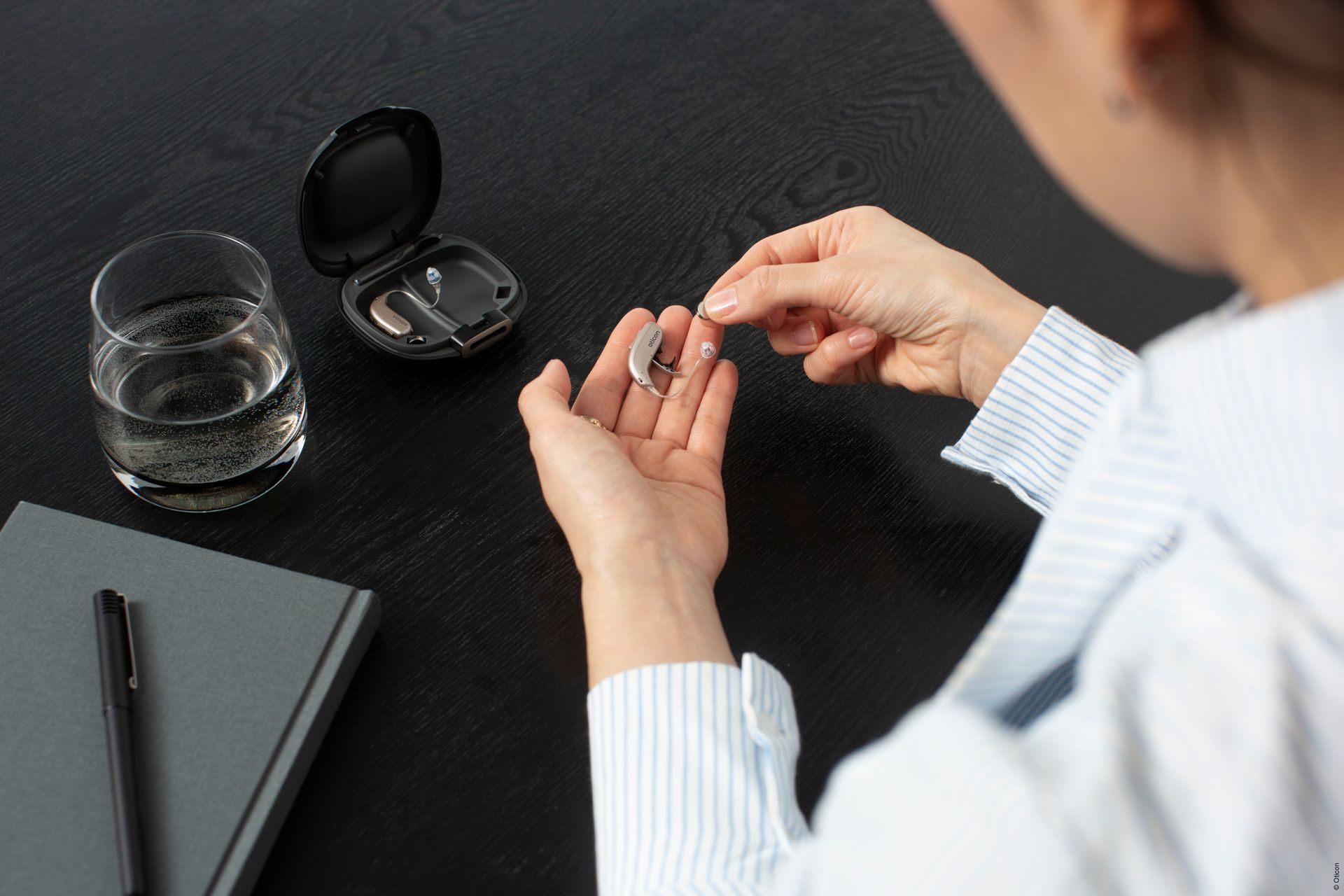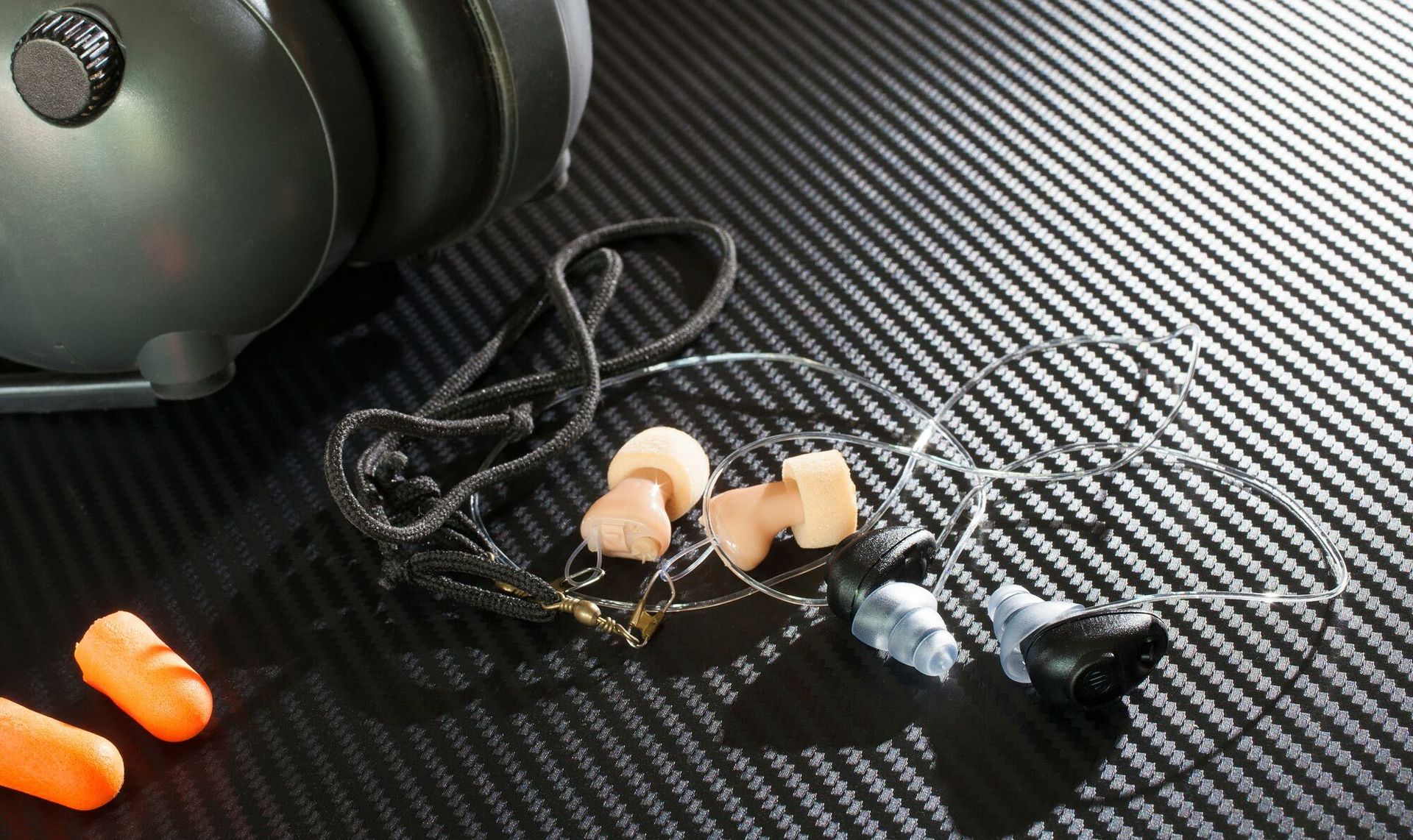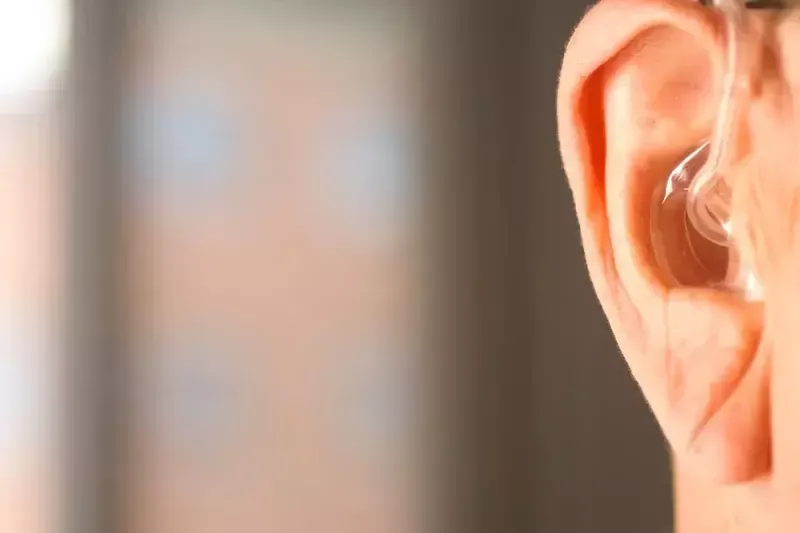Meet our audiologists
Our Lethbridge audiologists connect you with the science of hearing
The Audiology First team is a reflection of our approach to hearing care.
We have three full-time audiologists, which is unique for a Lethbridge hearing clinic and even uncommon in clinics in bigger cities. Our focus is deeply rooted in the study of hearing health and what can be done to improve hearing.
As the leading audiology clinic in Southern Alberta, we are respected by medical professionals and hearing experts in Lethbridge and beyond. We have a keen interest in the science but remain grounded in the daily challenges and opportunities of hearing care. For you, this means:
- The science of hearing guides every step of your care
- Your questions will be answered using the information from comprehensive testing
- Learn from a team that is always studying and contributing to emerging research
- Get recommendations for the most suitable technology or treatment for your challenges
Meet the Audiology First team or visit our Lethbridge hearing clinic to chat about your hearing health.
Roles of hearing care professionals
Our team collaborates to understand your hearing health and find the best technologies, treatments and strategies to live a better life. When you visit Audiology First, you will meet with one of our audiologists.
Audiologists
Our team includes three audiologists: Tom Copps, Glenn Hole and Femi Coo.
Tom is the co-owner of Audiology First and has been practicing audiology since 1988. To clarify the role of an audiologist, he uses the example of eye care. An ophthalmologist, optometrist and optician all contribute to various aspects of eye care. In hearing care, an ear, nose and throat doctor, audiologist or hearing aid practitioner may be involved depending on your needs.
Audiologists have extensive education and specialized training in the hearing system. They are not medical doctors, but audiologists are experts in assessing and managing hearing and balance disorders.
"Our role is to evaluate all aspects of hearing to determine if and where a problem might exist and if we can help provide solutions," says Tom. He received his Masters of Audiology in 1988 and his Doctorate in Audiology in 2007.
Even though audiologists are focused on hearing and ear-related conditions, they collaborate with a wider community of professionals.
"We make referrals to other healthcare providers such as speech-language pathologists, psychologists, educational professionals, and physicians," adds Glenn, who received his Master of Science in Clinical Audiology in 2020.
Hearing Aid Practitioners
Hearing aid practitioners are dedicated to hearing technology, including selecting, fitting, and maintaining hearing aids. Donna Copps is the co-owner of Audiology First and a hearing aid practitioner – along with also overseeing the clinic's technology.
Connecting you with the latest technology
Hearing care is at the forefront of wearable technology that makes a tangible difference in the wearers' lives. These incredible benefits are an inspiration to choose a career in audiology.
Glenn started his career as a clinical audiologist in England before moving to Canada in 2011.
"I wanted to get into a profession where technology was being used to benefit medical problems," he says. "This was the perfect crossover for me."
The pace of new technology expands the capability of hearing for a wider range of hearing challenges.
"This explosion in technology is slowly – but steadily – breaking down the stigma of hearing aids, resulting in more people being comfortable wearing hearing aids," says Femi, a doctor in audiology since 2015.
There will hopefully be even better technology and treatments to assist with hearing loss and disorders in the future. Until then, hearing aids will continue to improve and provide incredible results for people of all ages.
"I expect hearing devices will become more integrated with other devices and will lead to better life interactions," explains Tom.
"We will not be able to fix hearing damage for some time, so audiologists will continue to assess and care for individuals with hearing loss until a 'cure' is available."
Advancing the field of audiology
Tom, Femi and Glenn continue to keep up with any advancements in hearing care and also contribute to new research. They collaborate with neuroscientists in Alberta, and their research is an opportunity to improve the care of the people they see at Audiology First.
"The science and technology in the field is ever-changing, and it constantly provides new options for assessment and care," says Tom.
Research at Audiology First
When you visit Audiology First, you're not a guinea pig for new experiments. Instead, our audiologists will leverage the latest in audiological research to improve your hearing and well-being.
Tinnitus
"Currently, we are assisting with tinnitus (ringing in the ears) research," says Tom.
"This area requires study from many different directions. We have had the great fortune to be able to collaborate in research with neuroscientists at the University of Lethbridge."
Helping individuals with various hearing conditions keeps our team grounded in the day-to-day realities of hearing challenges. We help connect emerging science with the real-life experiences of people living with tinnitus.
"Our current research project is investigating the relationships between tinnitus, hyperacusis (finding ordinary sounds too loud), anxiety, depression and insomnia," says Glenn.
"While this can be a more physiological issue in some, I am highly motivated to pinpoint where the patient's psychological makeup and lifestyle is preventing them from adapting to tinnitus."
Hearing loss prevention
"In audiology, we often emphasize what to do after you get a hearing loss but not so much on how to prevent hearing loss," says Femi.
"I am very interested in hearing conservation in the work setting and recreational settings, such as concerts."
This research is an opportunity to go deeper into our patients' background, lifestyle, employment, and hobbies. The more our team understands about your hearing, the better we can recommend your next steps.
The research is a win-win for everyone.
"Audiology First published a research paper where we investigated some of the effects of occupational noise exposure on the auditory system," adds Femi. Noise Damage Accelerates Auditory Aging and Tinnitus: A Canadian Population-Based Study was published in Otology & Neurotology in December 2020.
"The information we learned has proven invaluable when discussing hearing conservation."
Meet our Lethbridge audiologists
Our team is passionate about hearing care, and we appreciate every opportunity to share our education and experience with anyone that visits our Lethbridge hearing clinic.
"As a doctor of audiology, I get to use great technology to improve the lives of the remarkable patients I see every day," explains Femi. "I'm living my passion."
Book an appointment to chat with a Lethbridge audiologist at Audiology First.
